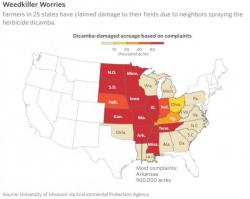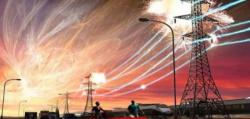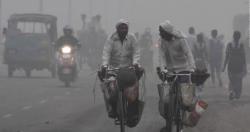EPA Just Approved The Release Of 'Weaponized' Mosquitoes In 20 US States

The US Environmental Protection Agency (EPA) has just cleared MosquitoMate, Inc., a Lexington, KY based biotechnology company, focused on mosquito control deficiencies, invasive mosquito species, and important vectors of human diseases, to release it’s bacteria-infected mosquitoes in 20 US states and Washington DC.
First released on Nature.com,


